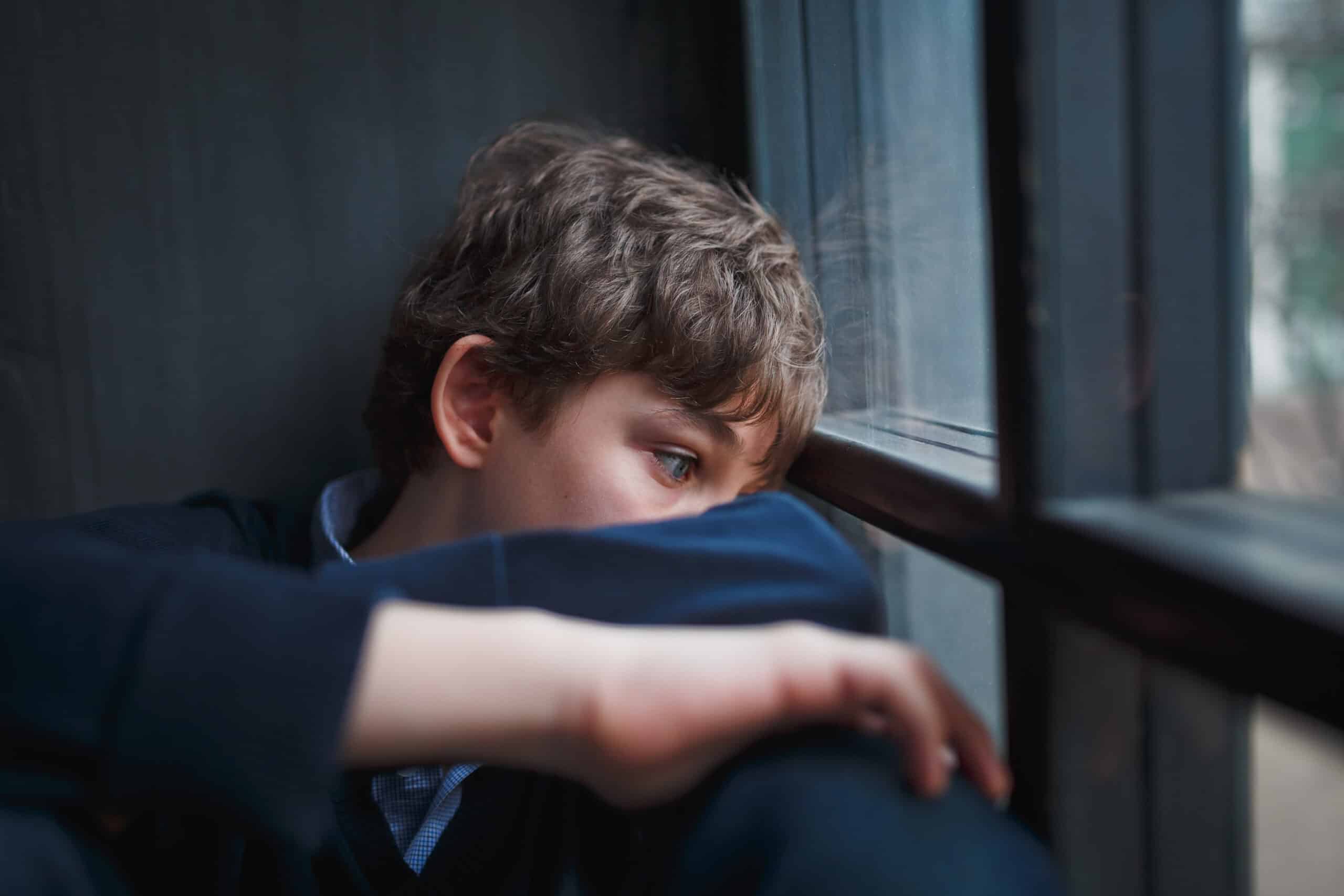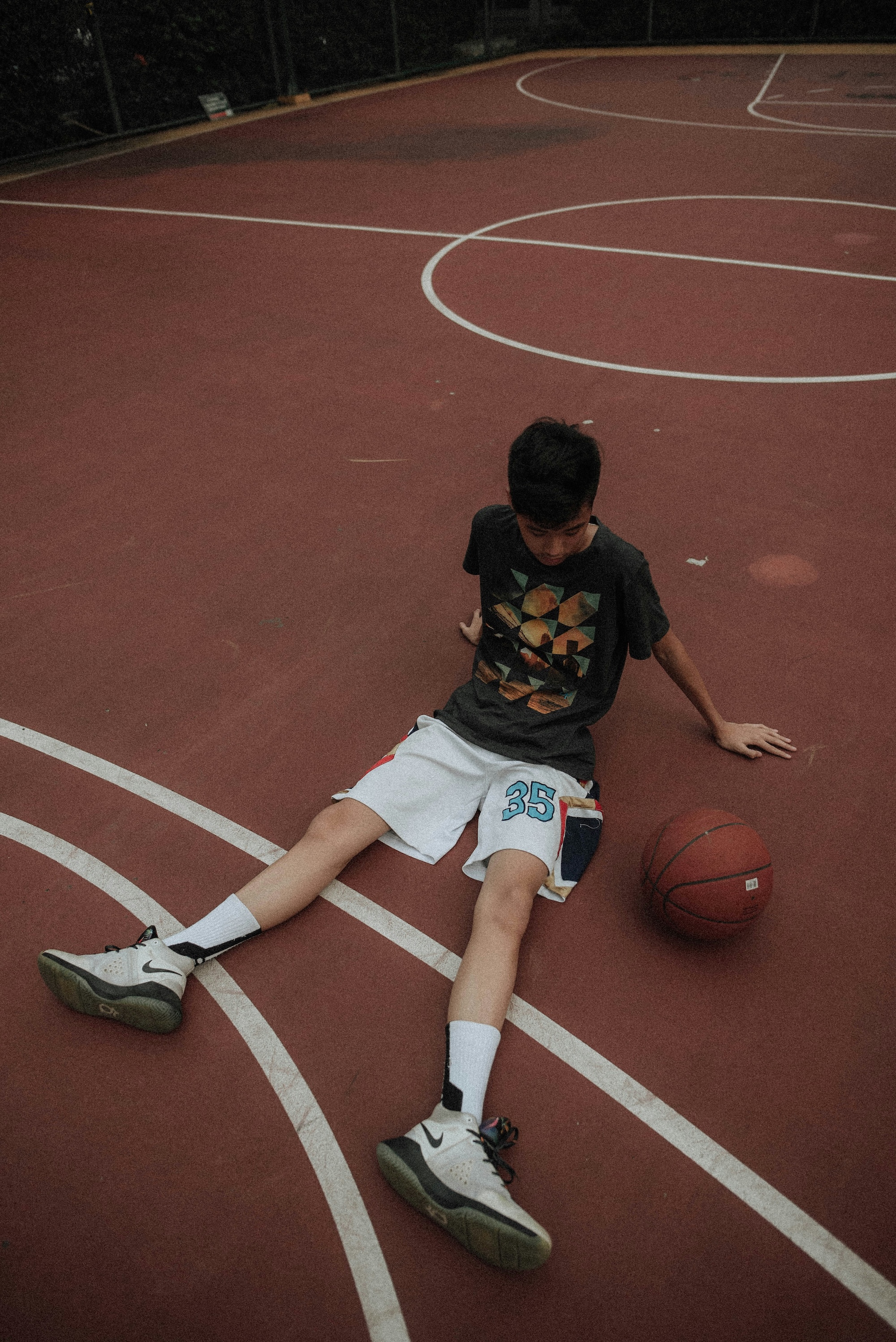Understanding Depression In Kids & Teens.
Depression can look different from one child to another. Some signs may include:
- Persistent sadness or irritability
- Withdrawal from friends, family or favourite activities
- Low energy, fatigue or changes in sleep
- Difficulty concentrating at school
- Feelings of worthlessness or guilt
It’s important for parents to remember that depression is not about being lazy or unmotivated. It’s the brain and body signalling that something deeper is going on. Therapy offers kids and teens a safe space to share how they feel and to learn new ways of coping.






